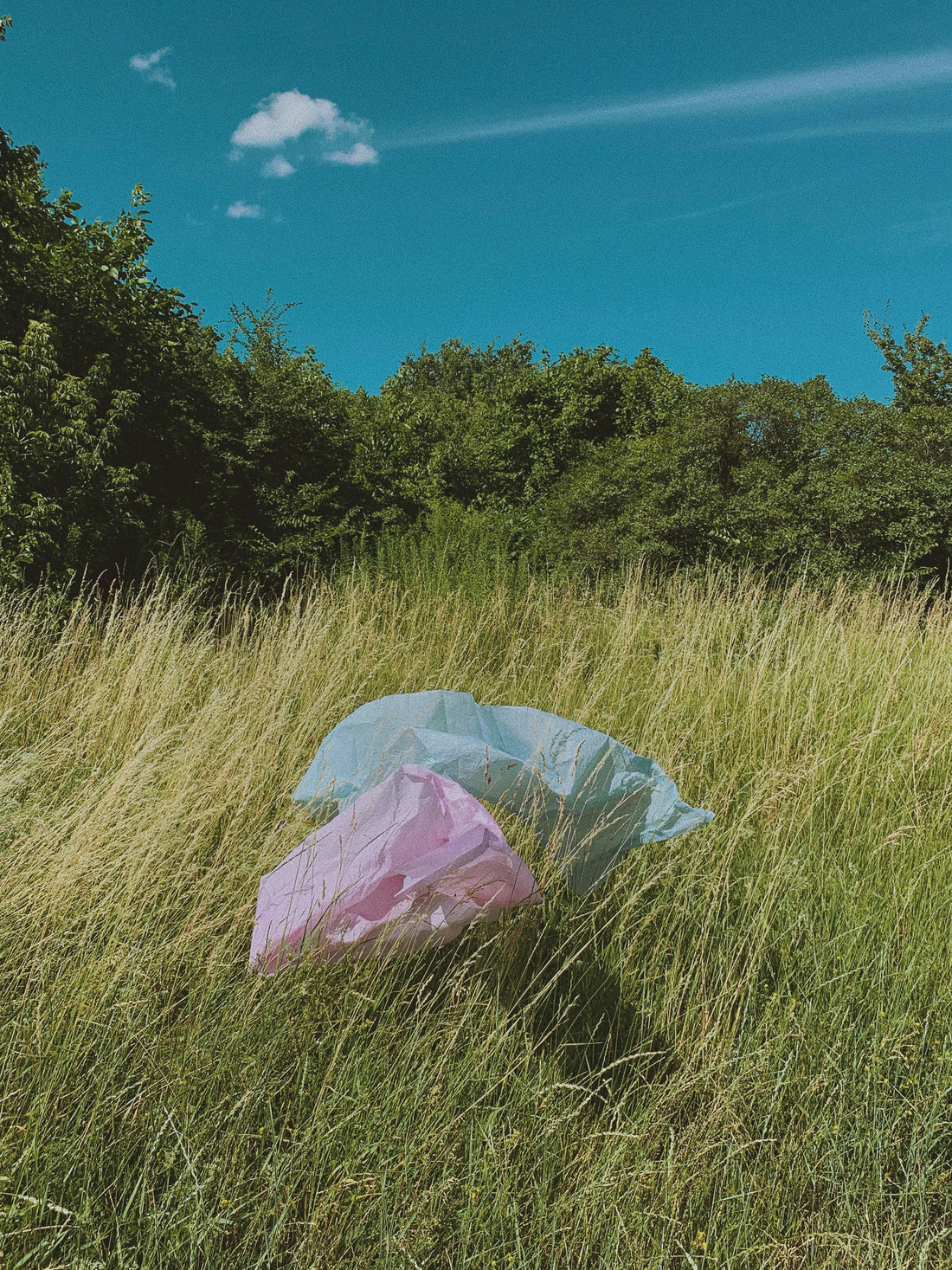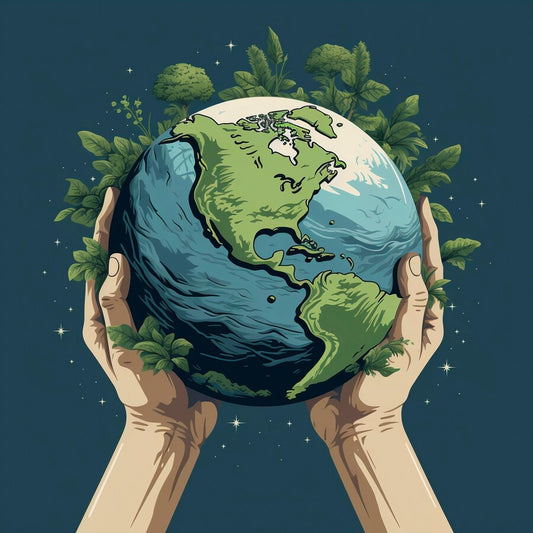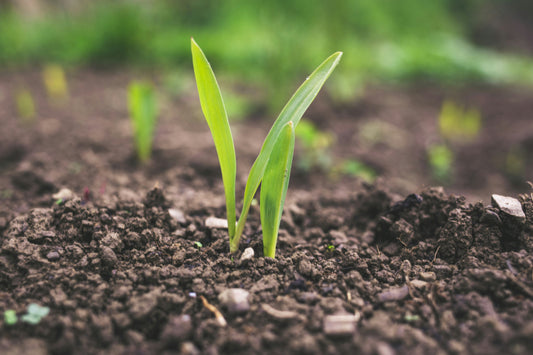Trying to come up with new idioms is hard. I was trying to think of an alternative to Robbing Peter to pay Paul which I used in a previous article on Organic Cotton.
I turned to ChatGPT to give me some inspiration. Here are some of my favourites that made me chuckle:
- Feeding the Lion with one hand and poking it with the other (this sounded dangerous)
- Walking on thin ice while juggling snowballs (this one made no sense)
- Winking at the owl while stealing its eggs (why would you wink at an owl?!)
Anyway I finally settled on Selling the Cow to buy the Milk. This one seemed to make the most sense!
I was looking for such an idiom, because like Organic Cotton, Recycled Plastic and Fashion is a story of trade-offs. Of how a choice that seems great (using recycled vs new) is actually not a simple slam dunk.
So why is Recycled Plastic not the long term answer for Fashion, and why do we at Stix still stock some items made of it?
It doesn’t come from Recycled Clothes
Before we dive in, it’s important to clear up a common misconception - that recycled plastic used in clothes comes from old clothes.
In most cases it does not. It’s hard to recycle clothes - they are often a mix of various materials, of various colours and the plastic is blended with various other materials or attached to zips, buttons etc. Because it’s so complicated it’s also expensive too.
This is why so little clothing is recycled. Only about 12% of clothing is recycled worldwide. In Europe that figure is about 22%. That means the fashion industry has to source it from elsewhere.
So where does it come from?
Most recycled polyester will come from PET Bottles - basically plastic drinks bottles (there are some exceptions - some comes from discarded sea nets and other plastic waste found in the ocean). 93% of the recycled plastic H&M use in their clothes for example comes from this source. A report by the Textile Exchange claimed across the industry it was as high as 99%.
This is because there is so much of this plastic - it’s therefore cheap and easy to access.

This is not great because……
Turning plastic used in say a soft drinks bottle into the plastic used in clothes is usually done by mechanical recycling. Basically, the plastic is shredded by a machine into small flakes. These flakes are then melted and squeezed into yarn. This Yarn is then spun into thread, woven into fabric rolls and then cut and sewn into new clothes.
The issue with this? Clothes made from recycled plastic cannot be recycled over and over again. A plastic bottle can be recycled into another plastic bottle over and over again. Up to 5 or 6 times!
So fashion is taking plastic that can be used multiple times, and putting it into something that can only be used once. It also fuels the production of new plastic by taking that recycled plastic off the market. And by relying on this to make clothes it stops the fashion industry from exploring and using more sustainable materials too.
Oh and Also…..
Recycled plastic is also still Plastic. It still leeches microplastics everytime we wash it in our machine.
And it still doesn’t biodegrade when (the majority) of it ends up in landfill. Which also obviously sucks.
So Recycled Plastic is not going to solve fashion's sustainability. It takes plastic that can be used multiple times over and turns it into something that can only be used once and can’t be recycled. It still sends plastic into our oceans and waterways and then comes back up the food chain to us. And when it ends in landfills it doesn’t biodegrade.

Selling the Cow to buy the Milk
We started this piece by settling on Selling the Cow to buy Milk (I really like this phrase!) to describe Recycled Plastics in Fashion. It is clear that Recycled Plastic has huge trade-offs versus Virgin Plastic that mean it is not the answer to the sustainability issues the industry has. The only true answer the industry has is to eliminate plastic altogether.
Given this, why do we at Stix accept recycled plastic?
Well Recycled Plastic is still better than Virgin Plastic for the environment. The difference in the carbon footprint is up to 42%. We’d rather someone buy a jacket that has up to 42% less carbon emissions associated with the plastic in it.
But we are not content with this. One of our future goals is to eliminate plastic completely from our selection, something that will also aid in our move to be fully circular too. We are constantly speaking to both new and current brands to see how we can replace everything plastic whilst still maintaining a wide enough range to cover every fashion need you will have.
Until we get to that point, we believe that selling the cow is worth that milk. Temporarily.




